News & Commentary
Meet the activists and NRDC staff propelling change, read our expert analysis, and learn about the latest challenges and solutions to advancing a healthier, more sustainable, and equitable world.
Latest News
Stay on top of the latest research, policy updates, publication releases, and environmental news.
Explainer
Get a breakdown of complex climate, public health, nature, and equity topics to inform your activism.
Dispatch
Read about activists tackling climate justice and other environmental causes in their communities and beyond.
Perspectives
Discover intersectional viewpoints from activists and artists on the environmental issues of the moment.
NRDC in Action
Find out how NRDC protects people and the planet by learning about some of our key fights.
Expert Blogs
Hear from our policy advocates, scientists, and litigators about the challenges and solutions for building a healthier and more just world.

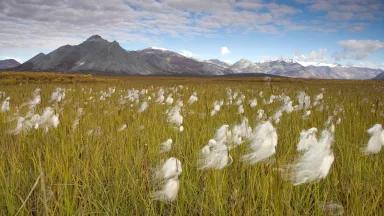
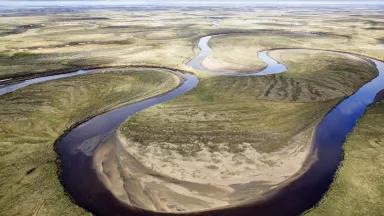
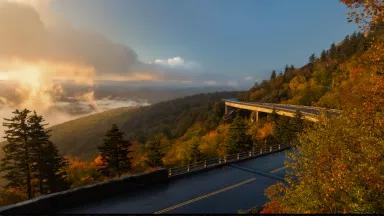


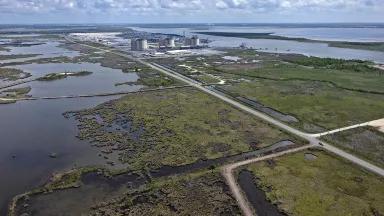



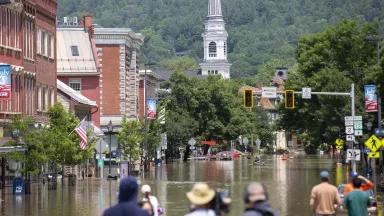



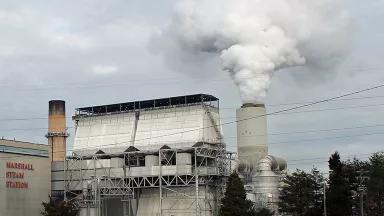
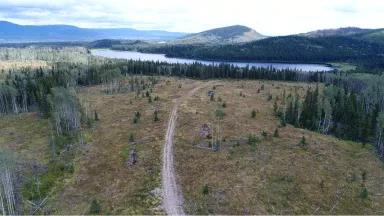

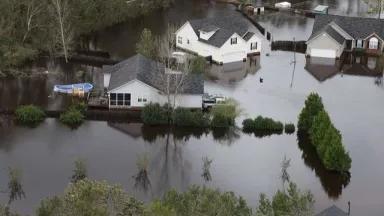
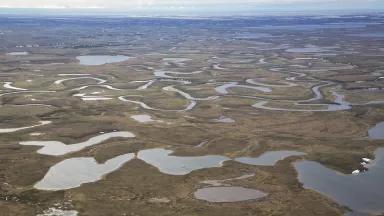
The Biden Administration Protects Millions of Acres of Arctic Alaska
“Forever Chemicals” Called PFAS Show Up in Your Food, Clothes, and Home
In Planning for Climate Change, Native Americans Draw on the Past